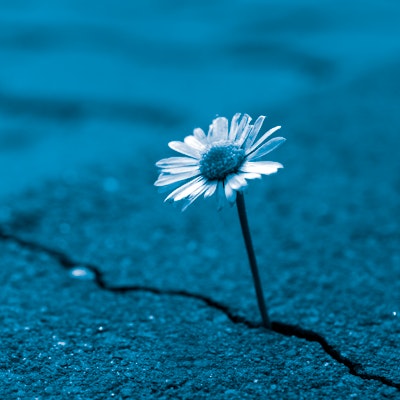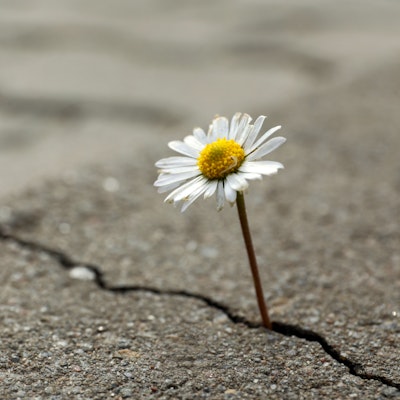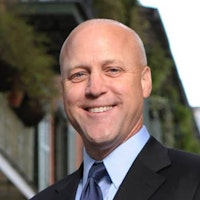
Show Notes
Many more Americans are struggling to survive and make ends meet than is typically portrayed in the media and public policy debates. And when poverty is depicted, harmful and inaccurate stereotypes often contribute to divisiveness rather than sympathy. Outdated measurement systems and unrealistic living standards have artificially kept U.S. poverty rates low over the past few decades. But Reverend William Barber II and his colleagues at the social change organization Repairers of the Breach have worked to correct the data and popularize the true scale of the problem. About 135 million people, or roughly 40% of the country, are considered poor or low wage, which means making less than $15 an hour. And in his book released earlier this year, “White Poverty: How Exposing Myths About Race and Class Can Reconstruct American Democracy,” co-written with Jonathan Wilson-Hartgrove, he tackles misconceptions about race and poverty that keep people divided and powerless. The myth that all poor people are Black hides reality and exploits racism to ensure that nothing changes. In this talk from the 2024 Aspen Ideas Festival in June, Barber talks with longtime public servant and former mayor of New Orleans, Mitch Landrieu, about what poverty really looks like and why the issue has been so distorted.
Explore
Related episodes


Leaders are the face of their institution, answering for all its missteps and sometimes taking the fall for the actions of others. How can anyone manage that job in today’s divisive world, and why would anyone want to? Three successful leaders come together in this episode for a frank conversation full of wisdom on the recipe for great leadership and recruiting and shepher...


America’s “second founding” came on the heels of the Civil War, when the architects of the 13th, 14th and 15th amendments thought long and hard about how to enshrine civil rights that were truly for all into the U.S. Constitution. Despite an immediate backlash, including from the Supreme Court, and repercussions we’re still dealing with today, that second generation of fra...


Hope seems like a simple concept, but the feeling can be difficult to hold onto. And when times are difficult and chaos swirls around us, it’s more important than ever. How do we find and practice hope when it’s elusive? Spiritual and religious leaders rely on centuries of experience and wisdom to continually guide people back to hope, and this episode’s discussion from th...


Sizable electorates around the world are flocking to populist candidates who promise power, domination and a return to better times. The global experiment in liberalism seems to be suffering a setback. In his latest book, “Age of Revolution,” journalist Fareed Zakaria teases apart the foreign policy decisions that got us to this point. Several U.S. missteps, such as the wa...


Conflict and suffering can bring out the worst in people, but it can also bring out the best. This is one of the lessons New York Times columnist Nicholas Kristof has learned from decades of reporting on the ground in war zones and amidst humanitarian nightmares. Somehow, despite witnessing atrocities like the Tiananmen Square protests, genocide in Darfur and war in Iraq,...








